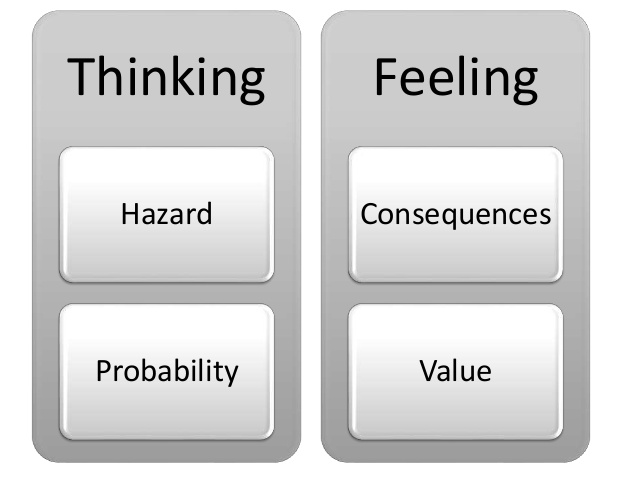Q: I’m having trouble sorting something out. Should I make important decisions based on how I feel, or based on what I think? I hear a lot of opinions both ways. Some people say: “Go with your gut feeling,” and others say “Don’t let your heart rule your mind.” Which is right? -Ellen
A: Ellen, thank you for asking this question. Even though there is no universally right or wrong answer, it is a dilemma which almost everyone faces at some time. First of all, your intellectual analysis of a question and your “gut feelings” about it are both useful in decision-making. However, this observation in itself does not help you when your emotions and your intellect come up with different answers.
Some people tend to rely much more on their analysis of situations, and others tend to rely more on their emotions. However, it is not enough for you to simply decide that one or the other is best for you in all cases. What I suggest is that you take a hint from your past experiences. You probably have sometimes resolved questions in favor of your brain and other times in favor of your gut. The key is whether and in which cases you were able to live comfortably with the consequences of your choices.
I once had a client — we’ll call her Patty — who used to say: “I go with my gut feelings on things.” And, she was usually comfortable with her choices, and able to live with the consequences of them. However, there were two areas in which her gut feelings led her to decisions which she couldn’t live with: buying cars and choosing boyfriends. Bad choices of cars cost her money, and bad choices of boyfriends cost her heartaches.
She finally decided that although she would continue to make most choices in her life based on her feelings, she would use rational, intellectual analysis when it came to these two types of choices. For the analysis of cars, she decided to pay for the advice of mechanics before deciding on a purchase. And, regarding romance, she and I went through an analysis of the types of men with whom she had had unfortunate experiences. And, we developed a list of criteria she could use to decide whether a man might be okay for her. At first, Patty did not like the idea of having to submit her decisions to rational analysis. But, she soon learned that she could still live her life according to her feelings in most ways while relying more heavily on her intellect in her two chosen areas.
I think that the important idea here is that we can be flexible. We do not have to rely on any one ability for all situations. We can use different abilities in different situations to develop the most effective lifestyle for us.
Michael R. Slavit, Ph.D., ABPP, is Board Certified in Cognitive Behavioral Psychology. This column is not intended to be a substitute for help from a qualified professional.
